When we speak of spirituality within the Christian context, we are basically speaking of practices by which we are connected to and aware of the presence of God in our lives. For many people, the basic practice that they engage in is the experience of corporate worship and perhaps offering a blessing at a family meal. While I believe that many members of our churches would like to feel a closer connection with God in their daily lives, they have not discovered a discipline that can meet that need within the context of their busy lives. What I have tried to do in my congregation is to offer members a series of different practices from which to choose. This is based on the belief that no one practice can fit all personalities or schedules. The goal is to discover a discipline that each member could exercise in the midst of their busy lives that would raise their consciousness to the presence of God in the midst of their life throughout the week.
The first suggestion is to make a laminated card that could be placed on one’s desk. The instructions will be on one side (Guide to Your Spiritual Devotion), and the discipline will be printed on the other side (Spirituality for the Professional). The booklet referred to, A Year with the Bible, is available from Geneva Press.
Guide to Your Spiritual Devotion
(on one side of your laminated card)
Five times a day take up to five minutes to pray in accordance with the suggestions on the reverse side.
The form of the prayers follows the basic liturgy of the worship service: Praise, Confession, Hearing God’s Word, Thanksgiving, and Benediction. Therefore, by following the format suggested, you will encompass your day with an awareness of God’s presence.
You literally will be engaging in liturgy. Liturgy means the work of the people lifted to God in praise. Worship on Sunday morning becomes a reinforcement of what you have been doing all week.
It is suggested that you literally mark these times in your calendar because most of us use calendars to jog our memory throughout the day, and, therefore, this will reinforce your intention at least until it becomes a normal part of your routine in daily life. You may even want to use your calendar alarm if you have one.
In the beginning your prayer may simply be to pray the suggested verse of scripture and quietly reflect on it. Later you may wish to add other verses of scripture in the different categories or to expand your personal prayers in the given category.
Finally, be very forgiving of yourself as you enter this discipline. If you forget to have your prayer at a given time, simply forgive yourself and set a reminder for the next time.
Spirituality for the Professional
(other side of your laminated card)
PRAISE—As you begin your day
(When you first arrive at your office or even when you have just parked your car, take the first moment to offer your praise to God.)
“This is the day that the Lord has made; let (me) rejoice and be glad in it.” Psalm 118:24
CONFESSION—Mid-morning around 10
“Have mercy on me, O God, according to your steadfast love; according to your abundant mercy blot out my transgressions. Wash me thoroughly from my iniquity, and cleanse me from my sin.” Psalm 51:1-2
HEARING THE WORD OF GOD—during noon hour
(Using “A YEAR WITH THE BIBLE,” read the suggested scripture for the day. These scriptures are drawn from the lectionary readings for the following Sunday so they are preparing you for your next Sunday worship.)
THANKSGIVING—Mid-afternoon about 3:30
“I give you thanks, O Lord, with my whole heart…I bow down toward your holy temple and give thanks to your name for your steadfast love and your faithfulness…” Psalm 138: 1-2
BENEDICTION—At the end of the day, perhaps before you leave your office or even before you go to sleep at night.
“The Lord will keep your going out and your coming in from this time on and forevermore.” Psalm 121:8
Other spiritual practices that other individuals might find interesting are:
- A modern practice of the examen in which a person would be encouraged to set aside a regular time each week in which to consciously review the signs of God’s blessing. At the beginning, take five or ten minutes and review in your mind how God has blessed you and then offer a prayer of thanksgiving.
- Develop a contemporary form of the rosary that would trigger your memory of core beliefs that counter the cultural pressures on you. All you need to do is identify a series of trigger symbols that will remind you of what you believe. The symbols may be items in your office or in your car. For example, the steering wheel could remind you of the eternity of God since it has no beginning or end. The mirror could remind you of God’s constant care for you. The armrest could remind you to rest in the Lord. After you have a series of eight to ten symbols, then the symbols will act as a catechism of your beliefs as you drive your car. Or if you prefer, the same could be done in your office, home, or even your favorite restaurant.
- Using your lunch hour, you could engage in a contemporary form of a sacred meal. Choose an inexpensive restaurant such as any fast-food restaurant, deliberately order a Spartan meal, seat yourself in an out of the way corner, slowly eat in silence while consciously reflecting on the presence of God in your life, and listen to God’s message for you. In contrast to a hurried meal, you consciously take 30 to 45 minutes, much of it in silent contemplation in between bites.
- Place a lectionary-based devotional in your car or office that you would read as your first act in the morning. Some may prefer to use five minutes immediately after they have parked their car before leaving the car and engaging the world. Others may want to use five minutes when they first get settled at their desk. Since these are the same scriptures that will ordinarily be used in Sunday worship, this will assist you in making a clear connection between work and your experience of worship on Sunday morning.
- Spirituality is not just confined to meditative actions. For some people, it is experienced in deliberate actions. For example, you might consciously choose to offer a midweek charitable gift to some person or agency as a spiritual act. Or you could consciously choose to perform a charitable deed for someone in the same manner. What you are doing is interrupting your week to intentionally bring God to your conscience through an act of love for your neighbor. The very decision-making process of whom you will give to or do something for alters your perception of your week. If you chose to do this every couple of weeks, it will alter the rhythm of your work life.
- Most work situations provide for a midday break that is usually used to eat a meal. However, on occasion, fasting might be the better choice for some people. Fasting is a deliberate denial of something good in order to make you more conscious of the giftedness of life. The danger, of course, is that you will not take the break and instead sacrifice your mealtime to accomplishing more work. An alternative would be to give up a meal and use the time for prayer, serving someone else, or journaling. Any of the three would be a refocusing of your time in a way that would interrupt your workday in a manner that could be spiritually refreshing.
- A one-time event that some people have found very rewarding is to write a statement of your faith. Simply take a piece of paper or your computer and try to answer what you believe about God, Jesus, the Bible, the church, and the implications of these beliefs for living your life and relating to your family and neighbors. You may find it a surprisingly revitalizing experience. You may find it rewarding to share your statement with a family member, friend, or pastor.
- Occasionally we need to engage in a more disciplined study of some aspect of our faith. Church libraries are rich with resources. As part of your journey of faith, select a book on scripture, theology, or spirituality at least once a year. You might want to make a commitment to study one book of the Bible in a disciplined way. I would encourage you first to simply read your chosen scripture and keep notes on the questions that it raises for you. Then, select one of the commentaries from the church library to help you deepen your understanding of the book. Or if the passage raises questions about faith, choose a book that speaks to that question. Your pastor can be a good resource in identifying books that would be helpful.
- The Christian faith is nurtured by our ideas, but it is also founded on the practice of a way of life. It is sometimes helpful to choose a small slice of your life in order to experience the impact of deliberately putting into practice an aspect of your faith. For example, Jesus asks us to be a servant to one another. Without informing anyone, choose a member of your family, a co-worker, or a friend on whom to focus your energies for a few weeks as a secret servant to that person in the name of Christ. It may be helpful to keep a journal of your own responses to your attempt to be a servant. When does it bring you pleasure? When are you irritated by the person’s lack of appreciation or even awareness? How does such service guide you in understanding Jesus as he encountered various responses to his efforts to be a servant to the world?
- Review the fruits of the spirit as reflected in Galatians 5:22-26 or Colossians 3:12-13. Choose one or more of these fruits and deliberately observe your own life for a couple of weeks noting your ability to exhibit that fruit and your response when you do. Then choose another fruit and repeat the experience. You may want to contrast these with the fruits of the flesh as seen in Galatians 5:19-21 or Colossians 3:5-11 and observe on a given day which fruits are most prominent in your life. You may also want to talk with your pastor or check a commentary to better understand these various fruits.
The purpose of any of these exercises is to sensitize you to the movement of the spirit in your life. Thomas Merton said, “We are living in a world that is absolutely transparent and God is shining through it all the time…The only thing is we don’t see it.” Imagine how your response to all the daily activities of your life would be different if in and through them you were aware of the presence of the spirit of God. Such a possibility is not just for monks but is the promise of God for all of us. “And remember, I am with you always, to the end of the age.” (Matthew 28:20 b)









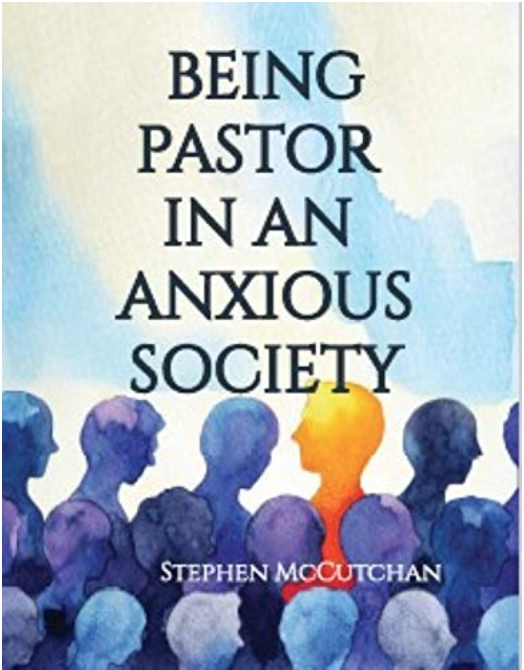
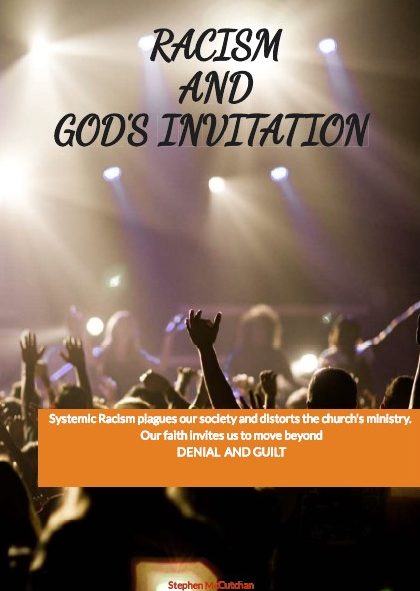
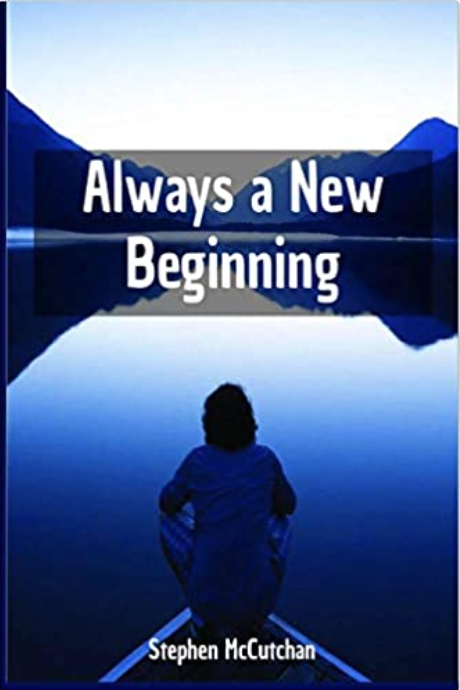
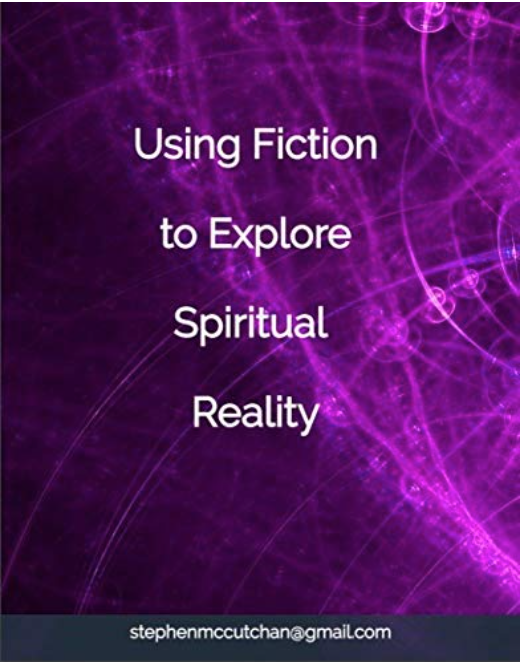








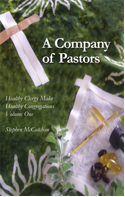
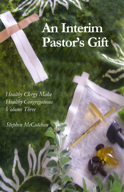
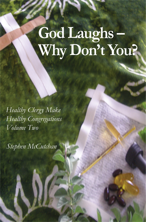



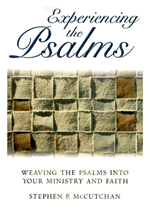
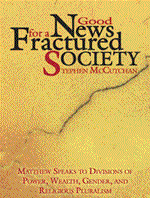

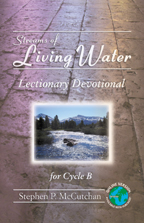



One Response to Spirituality for the Busy Professional